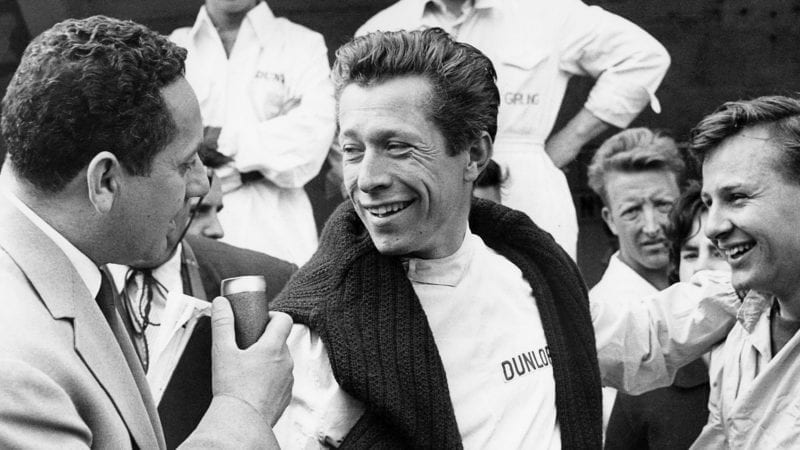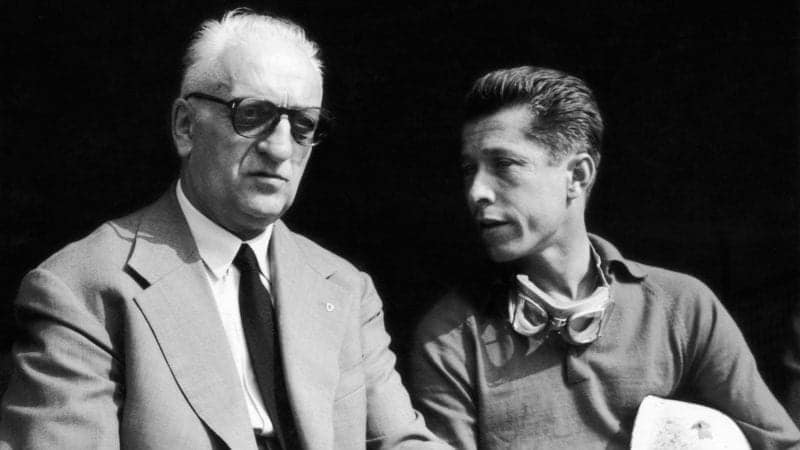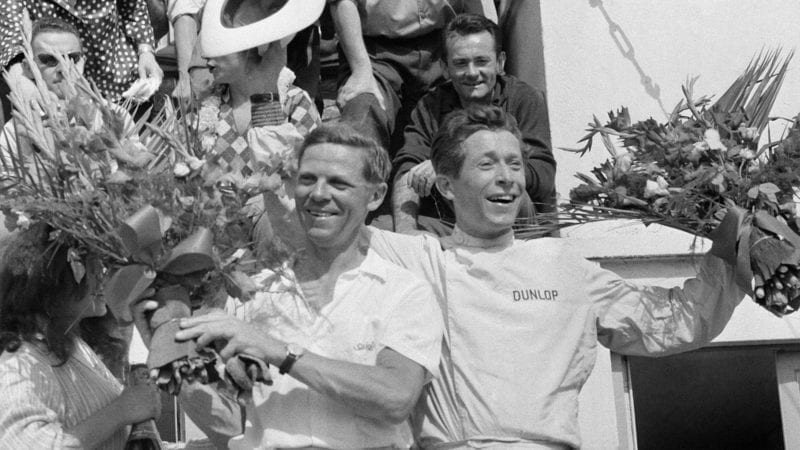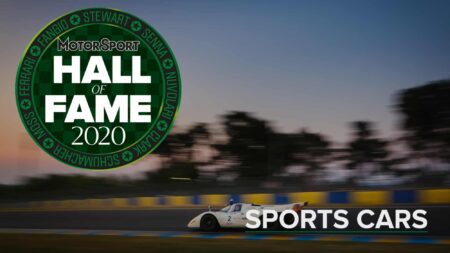Gendebien also stands out as a fine grand prix driver. He only made 14 intermittent starts during the 1950s and early ’60s, but he scored world championship points in half of them, including a fifth place in his first, down in Argentina in ’56. His best Formula 1 season was not for Ferrari, but in a Yeoman Credit Cooper T51 in ’60 when he finished third at his home grand prix at Spa (where team-mate Chris Bristow perished) and second in France. Had Enzo focused on his F1 career instead of endurance racing, perhaps more would have followed.
Then in 1962, after success at the Nürburgring, a fourth Le Mans win, he walked away from racing, tired of the infernal politics at Ferrari, never to return. Independently wealthy with a family to think about and a wife who was desperate for him to quit, he stopped, still at the top of his game. Then again, during his time with Enzo’s team he had found himself racing with and against Peter Collins, Alfonso de Portago, Luigi Musso and Wolfgang von Trips – and where were they now? Having survived one of motor sport’s most deadly eras, it was surely a good decision to call it a day at 38, to live a fruitful life beyond the tracks – unlike so many of his old comrades and friends. He died still relatively young in 1998, aged 74.
Olivier Gendebien: 2020 Hall of Fame nominee
Voting is open for the 2020 Motor Sport Hall of Fame, with Olivier Gendebien among the sports car nominees. Make your choices below, and be in with a chance of winning a £265 Stirling Moss print from Tim Layzell.




